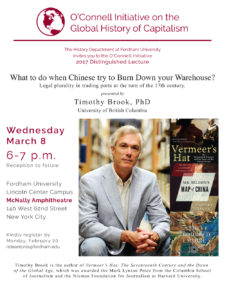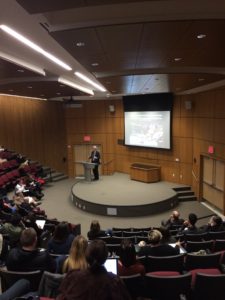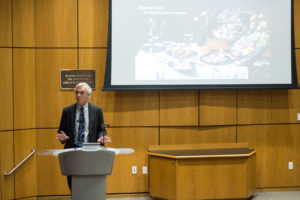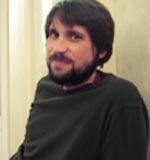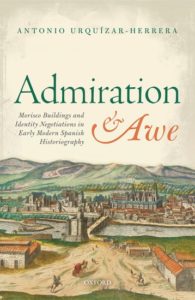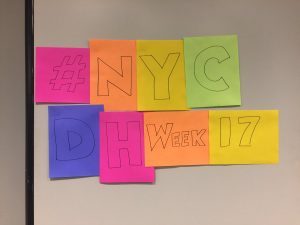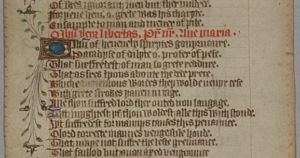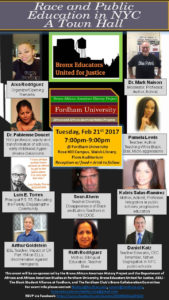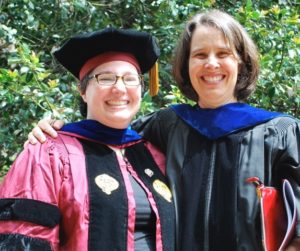Following on from last week’s listing of the graduate courses in History for Fall 2017, we now proudly announce the courses for Spring 2018.
Global History
HIST 6256 The History of Torture and Western Culture (Thursday 5:30-8PM)
What does the history of torture look like, when placed in a global perspective? Professor W. David Myers describes his course as follows:
From Greek slaves to deaths by a thousand cuts in China; from Jesuit missionaries in Japan or New France to anti-American insurgents in the Philippines; from anti-French insurgents in Algeria to anti-communists in Argentina; from Rodney King in Los Angeles to Afghanistan, ISIL and home again to Chicago, torture has been a ubiquitous and continuous feature of human culture around the globe. Today, roundly condemned by UN treaty and almost all nations, subject to international oversight, torture still persists on all continents and in all political systems. This course will examine that sad global history, with special attention to the human body as an object of state power, despite the legacy of the European Enlightenment, which proclaimed the autonomy of the individual as a highest good.
Medieval History
HIST 8150 Seminar: Medieval England (Tuesday 2:30-5PM)
The continuation of Professor Maryanne Kowaleski‘s year-long medieval Proseminar/Seminar course. For the first part, which this very blog may have described as “legendary” see here. From the description:
Students continue to work on the research project they defined in the Proseminar to this course. They also learn to design and use a computer database that includes data gathered in the course of research on the final paper, participate in seminars to improve their academic writing and public speaking skills, and familiarize themselves with professional standards for writing a scholarly article, giving a talk at an academic conference, and writing an academic curriculum vitae. They complete the seminar by giving a 20-minute conference paper on their research project and writing a thesis-length original research paper that could be published as a scholarly article.
MVST 5300- Occitania: Language and Power (Friday 2-5PM)
A brand new team-taught Medieval Studies course, a collaboration between Professors Nicholas Paul (History) and Thomas O’Donnell (English). From the description.
This team-taught interdisciplinary course introduces students to the cultural world of a medieval south: Occitania, a region defined by language stretching from the foothills of the Alps to the pathways across the Pyrenees and from the Mediterranean almost to the Loire. Students will study the Old Occitan language and its manifestations in documentary writing, historical narrative, and the poetry of the troubadours from the eleventh until the thirteenth centuries. In order to best understand the context for this literature, course topics will include urban and rural communities, gender and power, the Albigensian crusade and its aftermath, and the the rise of vernacular book production.
European History
HIST 5561 Nationalisms and Racisms in Modern Europe (Tuesday 5:30-8PM)
We’ve done a blog post about this course by Professor Silvana Patriarca before, where we described it as follows:
The seminar will focus on the history and historiography on the construction of “race” and nation in modern Europe (from the Enlightenment onwards) and in particular on the multiple connections and intersections between nationalism(s) and racism(s). As issues of cultural identity and questions of immigration and national belonging have become hotly contested in today’s European societies, the historiography on these subjects has been steadily growing. We will discuss different historical approaches, theories, and methodologies that emerge from the growing body of works addressing these issues and pay particular attention to socio-cultural histories and to transnational and comparative perspectives.
US History
HIST 5575- The United States and the World (Wednesday 2:30-5PM)
Professor Christopher Dietrich is a historian of US Foreign Relations, and in this course he brings that expertise fully to bear. “With an emphasis on the myriad ways in which peoples, cultures, economies, national governments, non-state institutions, and international institutions interact” the course will explore several themes, including “capitalism and economic policy” as well as “cultural relations, domestic politics, and perceptions of the world.” The focus on capitalism and global economy is especially important, as the course is intended to tie-in with the department’s Spring 2018 conference “The United States and Global Capitalism in the Twentieth Century.” Students in the course will get front-row seats, and can expect to be involved, in the planning and execution of a major international academic conference.


